Let’s be real here—textured, bumpy uneven skin can be a bit frustrating (and not to mention difficult!) to deal with for some people. If you are one of those people and want to treat bumpy skin, there are some things you can do to get your skin looking smoother. First things first, it helps to figure out what “textured” skin really is. “Everyone has texture on their skin, but most people have a consistent texture,” says Corey L. Hartman, MD, FAAD, founder of Skin Wellness Dermatology. “Inconsistent texture can be caused by a few factors, including genetics, environment, and potential skin conditions. Someone with ‘textured skin’ is someone who has bumps and possibly valleys on their face that makes their skin look uneven. Most commonly, texture is caused by clogged pores, active acne, and acne scarring.” Other causes or factors include aging, dry skin, under-exfoliation, UV damage, smoking, genetics, pollution, a disrupted skin barrier, and conditions like keratosis pilaris and eczema on the body.
Whew, that’s a lot of different causes, right? And because there are a lot of causes, the way you treat those bumps and unevenness can vary. But it’s important to note that texture can be normal. “It’s also very important to me that we normalize texture to a degree,” says David Delport, skincare expert and Ren Clean Skincare global ambassador. “We all have days where we feel our skin isn’t as smooth as it could be, and skin does change day to day! Texture is very common and does not mean your skin is unattractive or even unhealthy. A greater concern is clients rushing out to create ‘glass-like’ skin that is falsely promoted on social media and in the process damaging their skin barrier, which, long-term, might cause accelerated aging and inflammation and open you up to the far more dangerous risk of UV damage.”
It’s all about figuring out a routine that works for your specific skin needs and helps you feel and look your best (not perfect, because who is?).
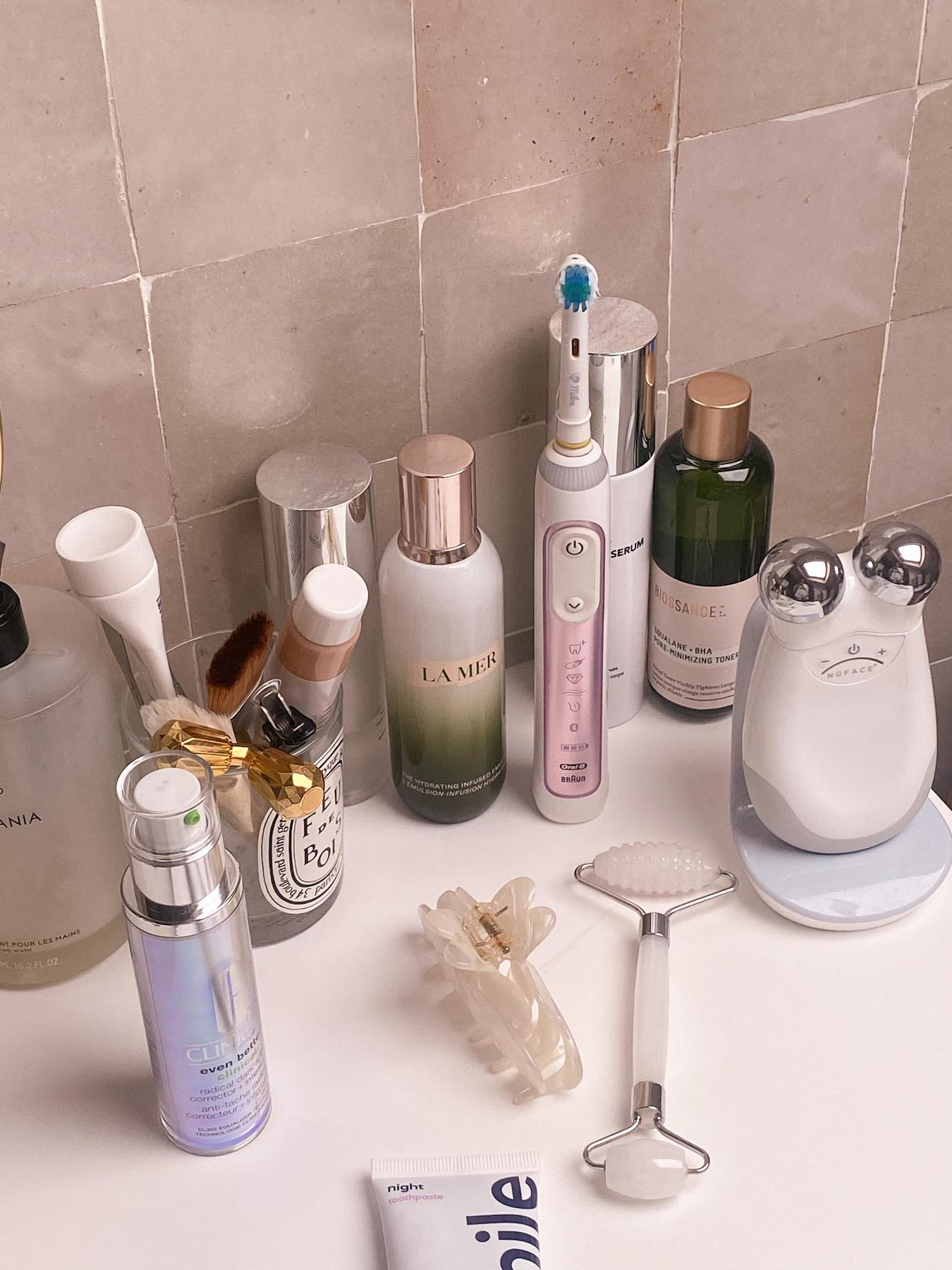
Since textured, uneven skin can be caused by a lot of different factors and conditions, you’ll want to find out why your skin is feeling bumpy in the first place before you start stocking up on products that promise smoothness. “This may require you to see your board-certified dermatologist,” explains Vibrant Dermatology and SkinBar MD owner Joyce Imahiyerobo-Ip, MD, FAAD. “Once you have a proper diagnosis, then it’s quite easy to shop for products.”
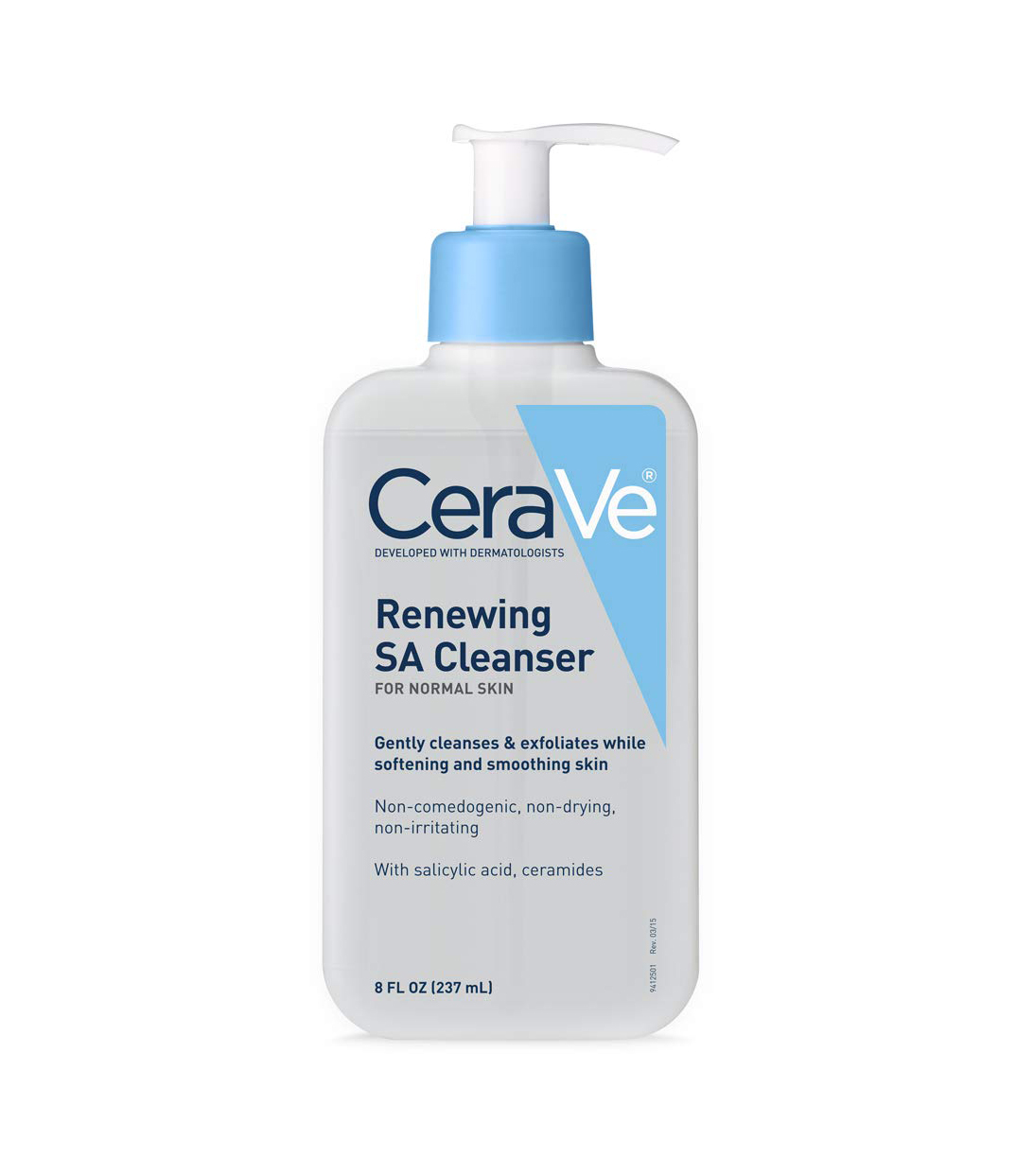
“The types of ingredients will vary based on the cause of uneven texture,” says Imahiyerobo-Ip. “However, for clogged pores, you should look for chemical exfoliants such as glycolic acid, salicylic acid, retinoic acid, and lactic acid. These ingredients help dissolve the debris that is clogging pores and encourage healthy cell turnover. If you have dry/rough skin from eczema or irritation, you want to look for thick emollients that will help to repair the skin barrier.”
For mild to moderate texture due to acne, Hartman recommends an exfoliating cleanser with salicylic acid and a moisturizer that contains ceramides and glycerin to help keep the skin barrier intact, plus hydrating hyaluronic acid. For mild texture, you can use an over-the-counter retinol product. And if you have moderate to severe texture, you’ll want to see a dermatologist to discuss a regimen that includes a prescription retinoid. “A good vitamin C serum can also help reduce texture caused by acne scarring,” Hartman says. “Niacinamide also helps reduce pore size and improve overall skin texture. Choose products that are noncomedogenic, which means they won’t clog pores.”
While we’re talking about clogged pores, if you use makeup products, you’ll want to stick to options that don’t clog pores, which can worsen the underlying skin condition that may contribute to textured skin, advises Minneapolis-based board-certified dermatologist, Jenny Liu, MD, FAAD.
And last, don’t forget about sunscreen. Board-certified plastic surgeon Amir Karam, MD, says that the use of sunblock and overall sun protection is so important because exposure to the sun can be an underlying reason why the skin has uneven texture. He adds that the sun is a very powerful accelerant for the loss of collagen and elasticity.
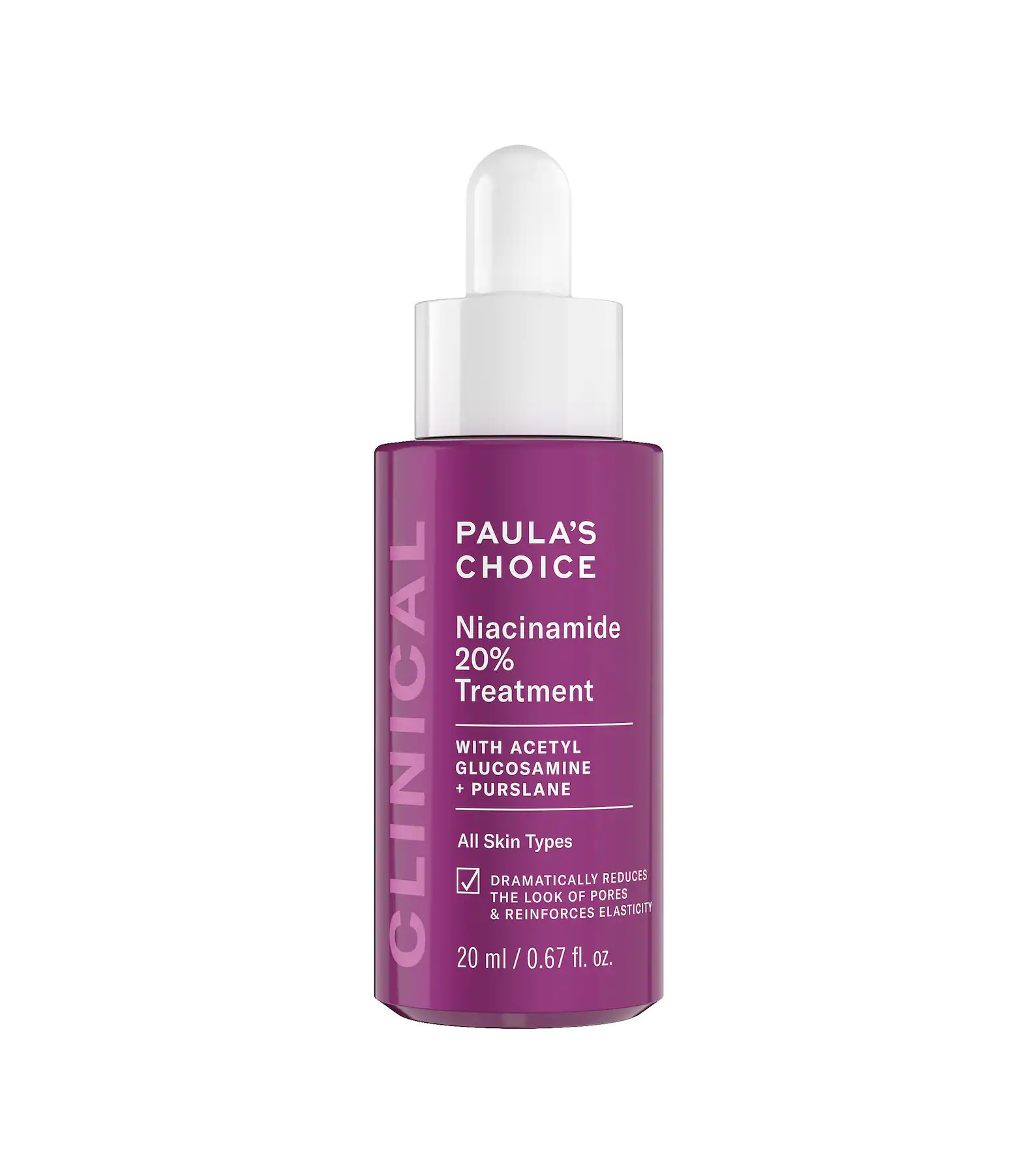
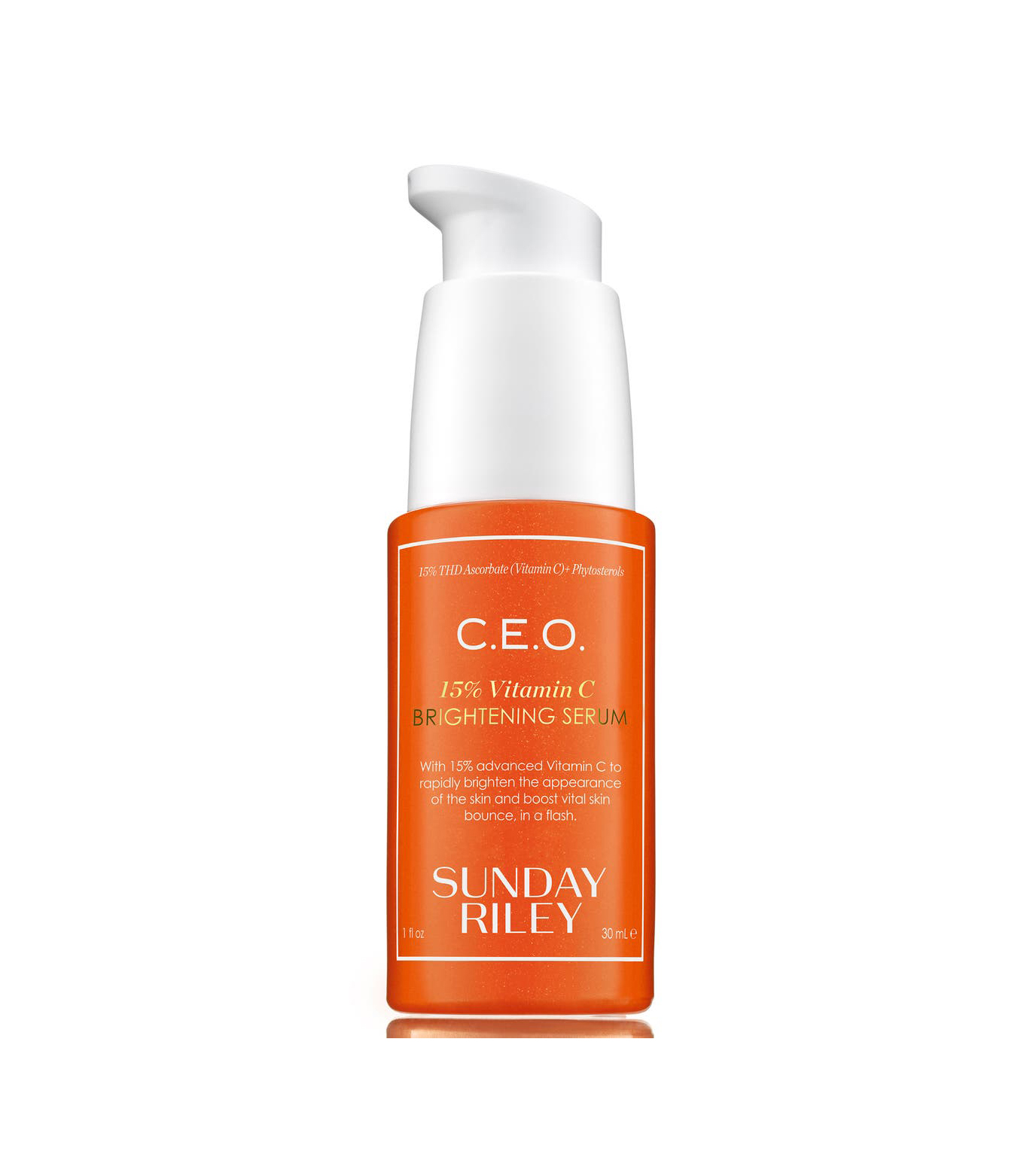
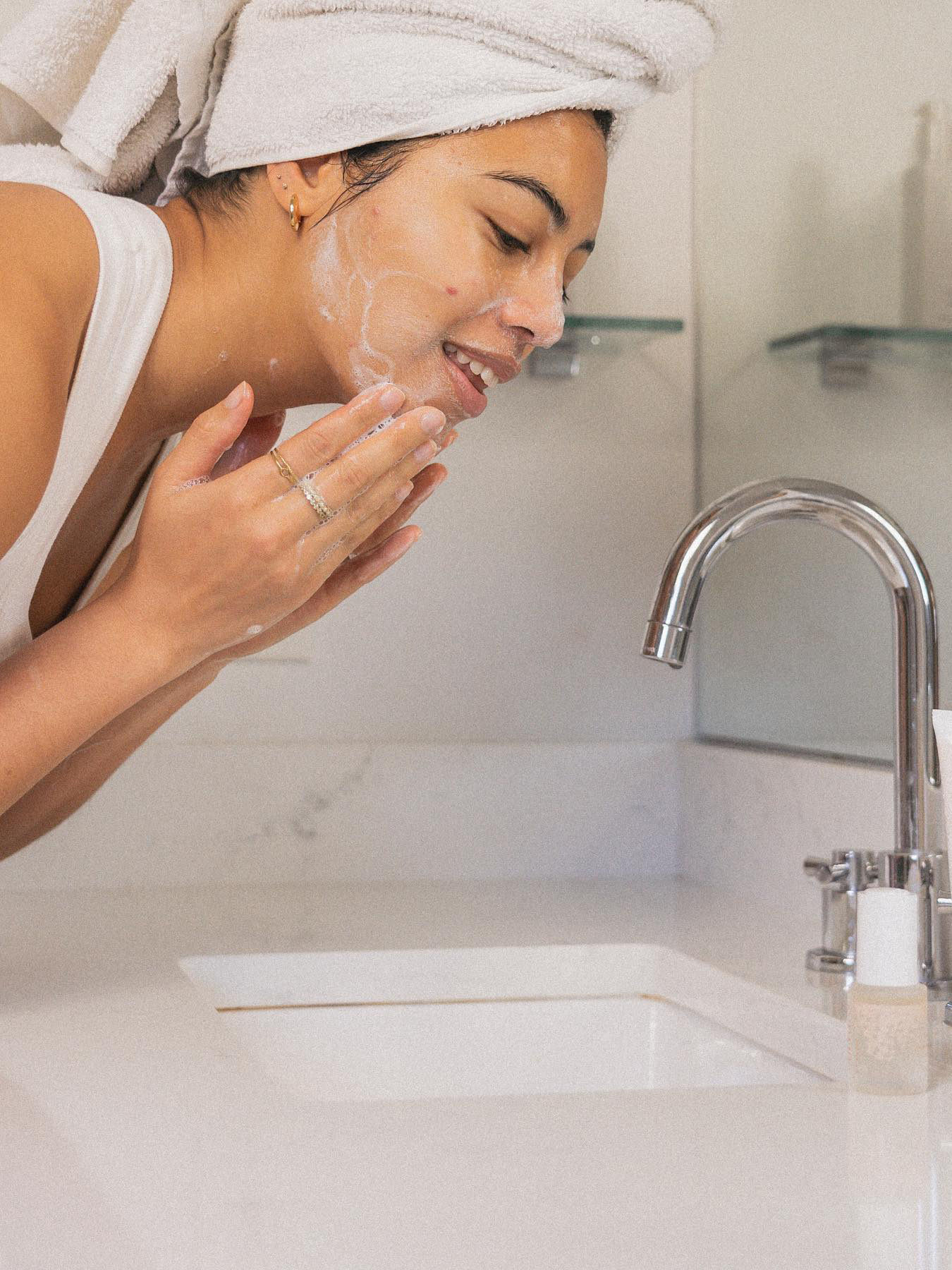
As for what to avoid, Connecticut-based board-certified dermatologist Mona Gohara, MD, says you’ll want to steer clear of anything that is exacerbating the condition that is causing the change in texture. “Using the wrong active on a condition may stoke the fire, so do some work upfront to identify the root cause,” she adds.
Be careful with physical exfoliants (scrubs, brushes, tools), as they can be irritating and might make your skin even bumpier. “Those large particles and the roughness of the bristles can cause microtears in the skin and create irritation and lead to increased skin sensitivity and inflammation,” explains Libby Rhee, DO, FAAD, a dermatologist in residence for Ro Derm and the founder of Liora Dermatology and Aesthetics. “If this occurs regularly, your skin can become sensitive, unevenly thickened, discolored, and even scarred over time. Just because something is labeled as great for your skin, it doesn’t mean it’s good for your face skin.”
Heavy silicones and oils that can cause congestion and drying alcohols should also be avoided.
Again, you’ll want to know why your skin is looking and feeling bumpy and uneven in the first place before you try out a new skincare routine, but some of the experts shared some general tips for us below:
1. Cleanse the face: You’ll want to wash your face both morning and night. “Do not go to sleep without washing your face, especially if you have sunscreen and/or makeup on,” Hartman says. “If you feel you need to, you can double-cleanse, first by using an oil-based cleanser and then cleansing again with a water-based cleanser.”
At night, Rhee also recommends taking off your makeup with micellar water.
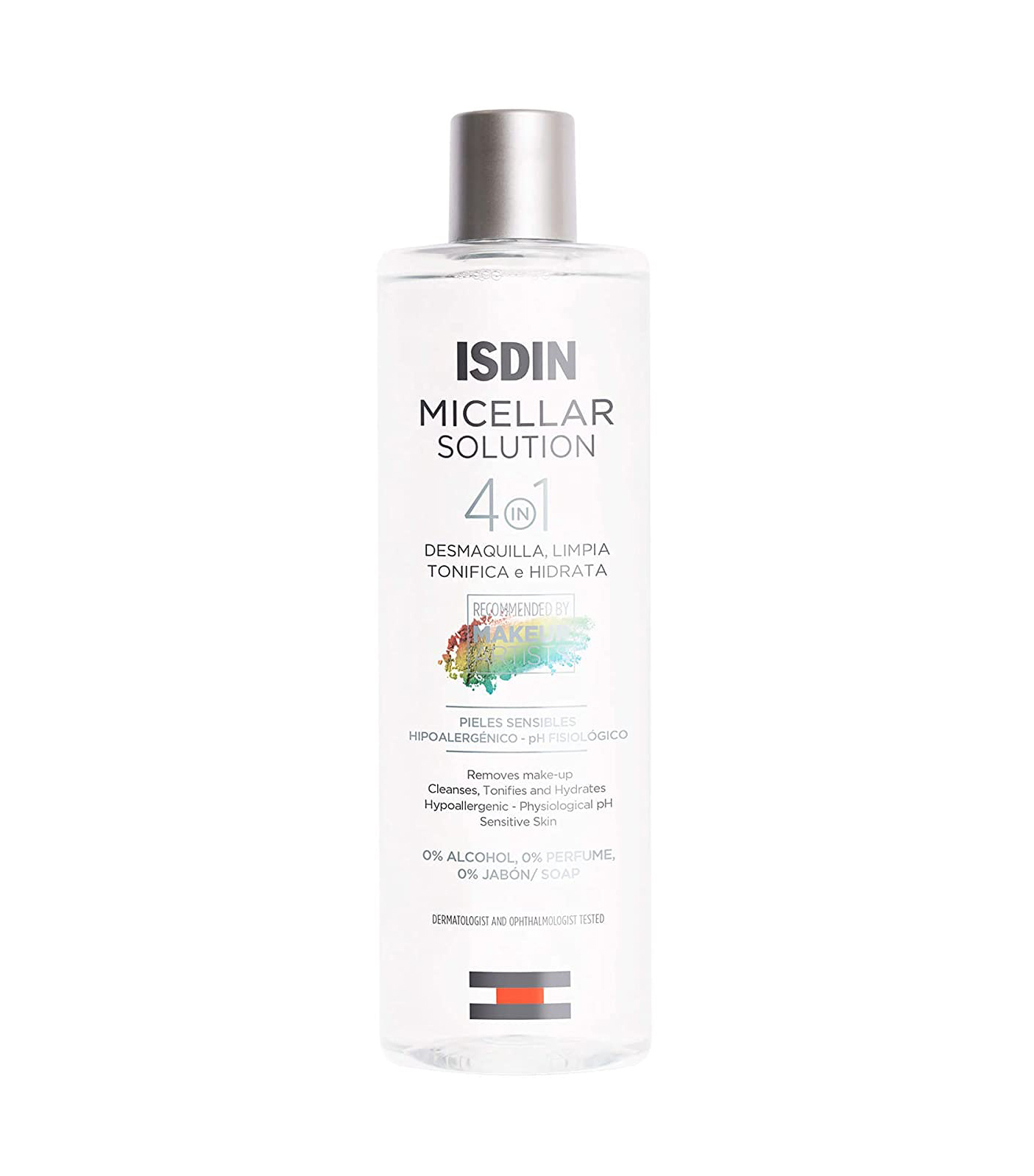
2. Exfoliate: Hartman recommends exfoliating the face one to two times weekly with a chemical exfoliant—either an alpha hydroxy acid (AHA) or a beta hydroxy acid (BHA).
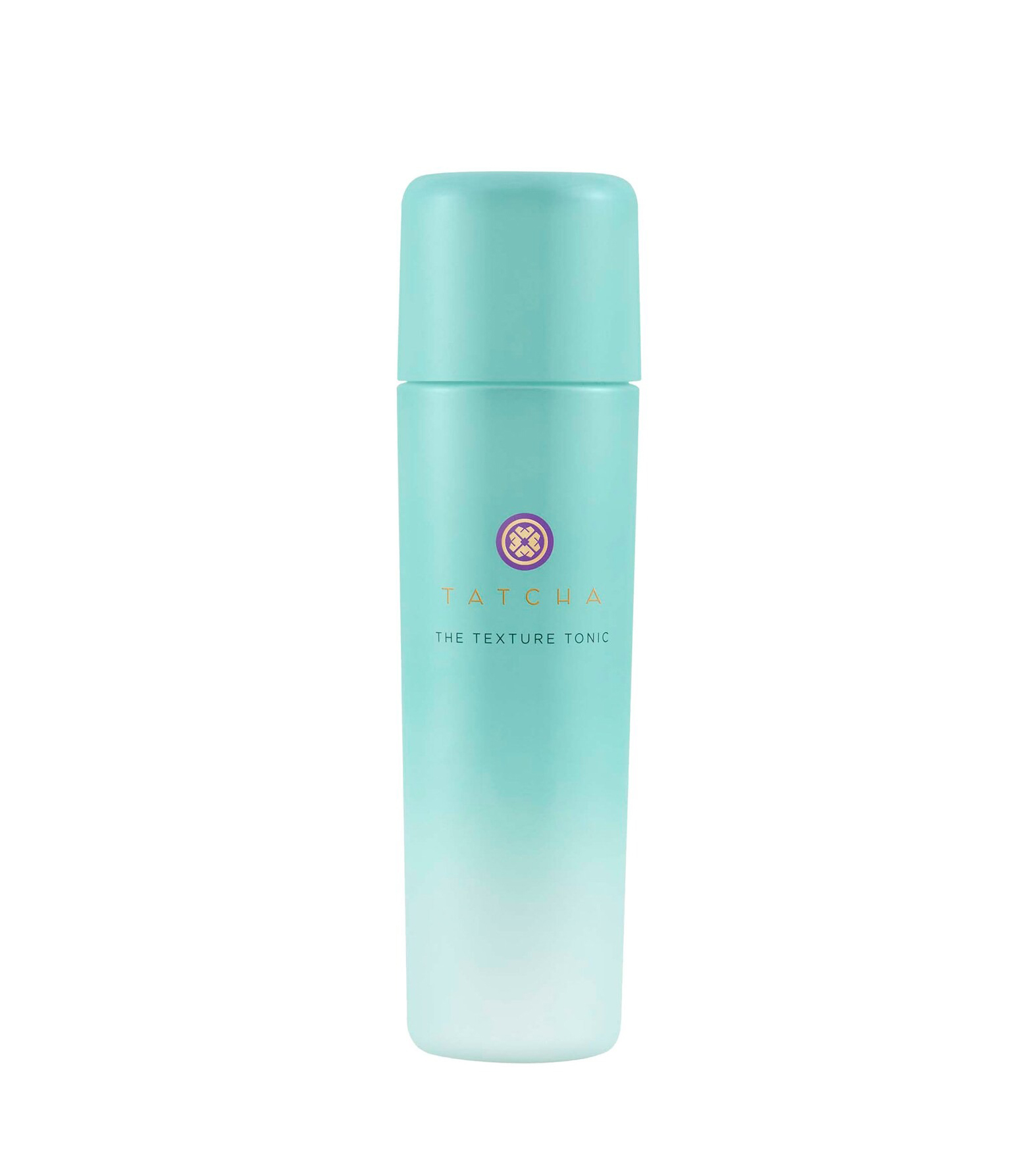
3. Consider a serum: “If you can afford the splurge (it’s not cheap), follow with the TNS Advanced Serum from Skinmedica. It’s a game changer for textured skin when it’s incorporated into a retinoid-centric skincare regimen,” Rhee says.
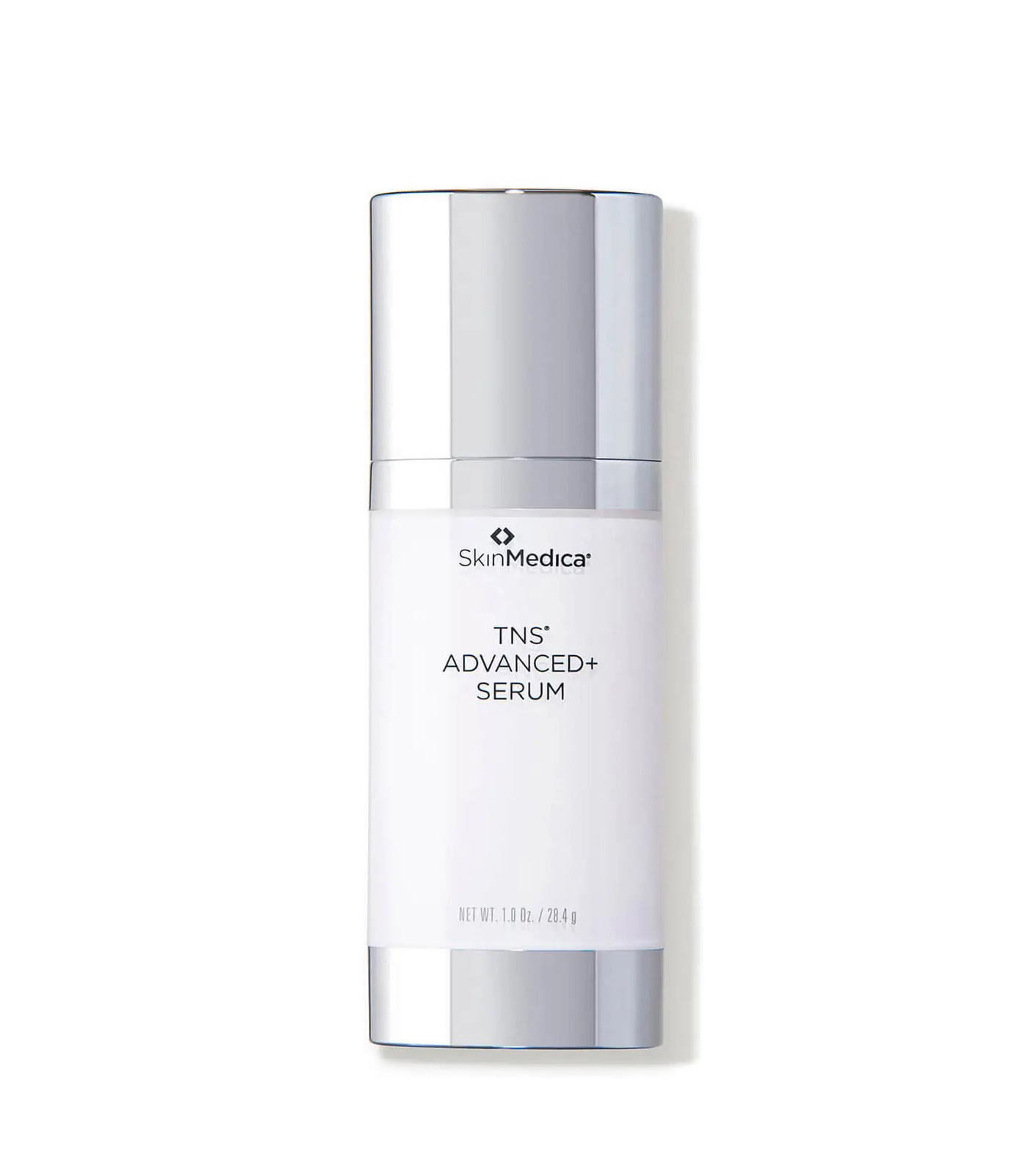
4. Use a retinoid at night: “Retinol is a derivative of vitamin A. Retinols promote regular cell turnover, promote effective exfoliation, prevent acne, even discoloration, control oil, smooth fine lines and wrinkles, unclog pores, hamper the breakdown of collagen, thicken the deeper layer of skin where wrinkles get their start, and stimulate the production of collagen and elastin,” Hartman explains.
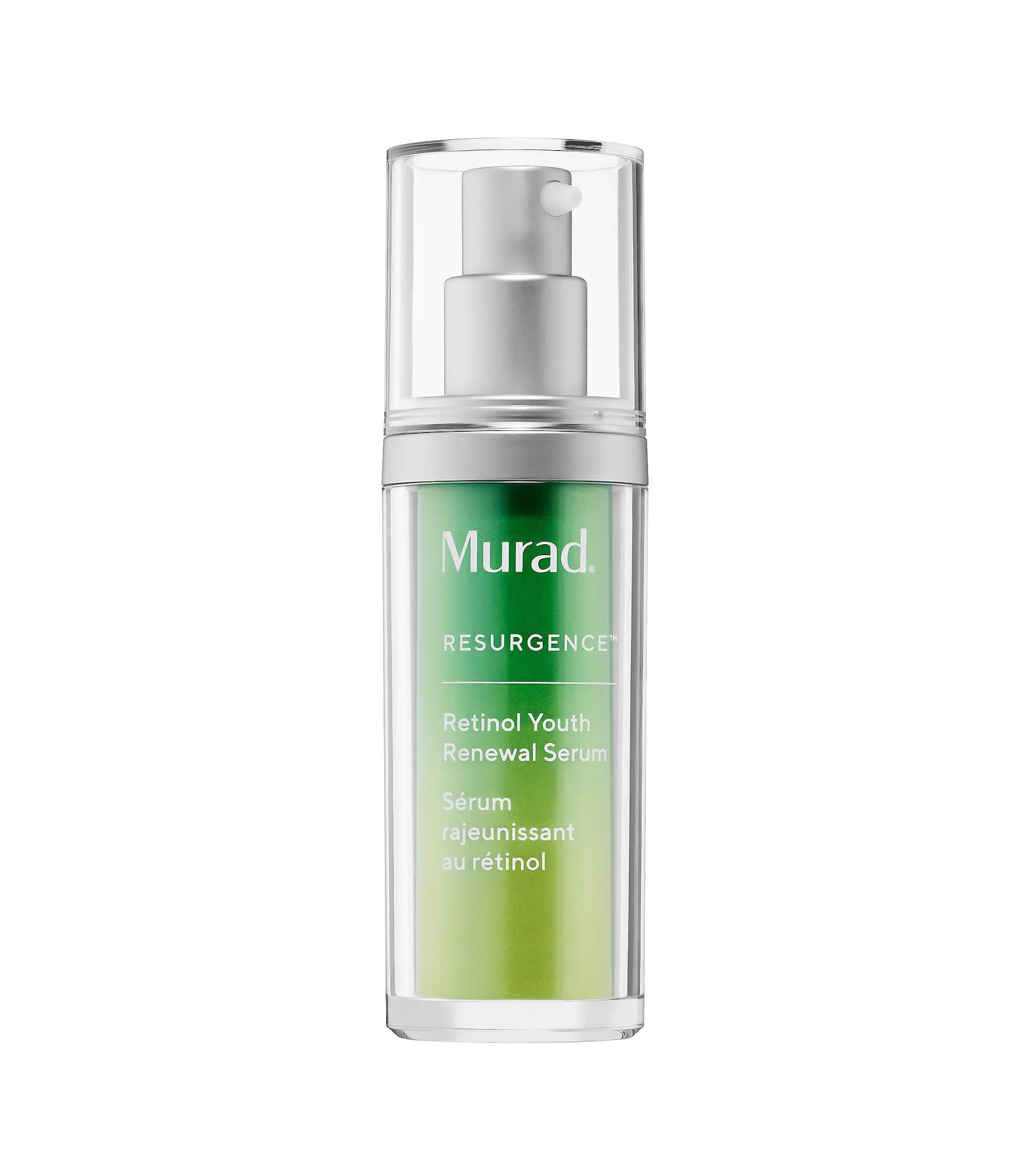
5. Use a moisturizer daily: “It sounds counterintuitive, but adding moisture to your face can help regulate sebum production,” Hartman says. “Sebum production is ramped up when skin is dry, so if you keep the skin hydrated, less sebum will be produced.” Rhee recommends Olay’s Regenerist Micro-Sculpting, as it’s an affordable and effective drugstore option.
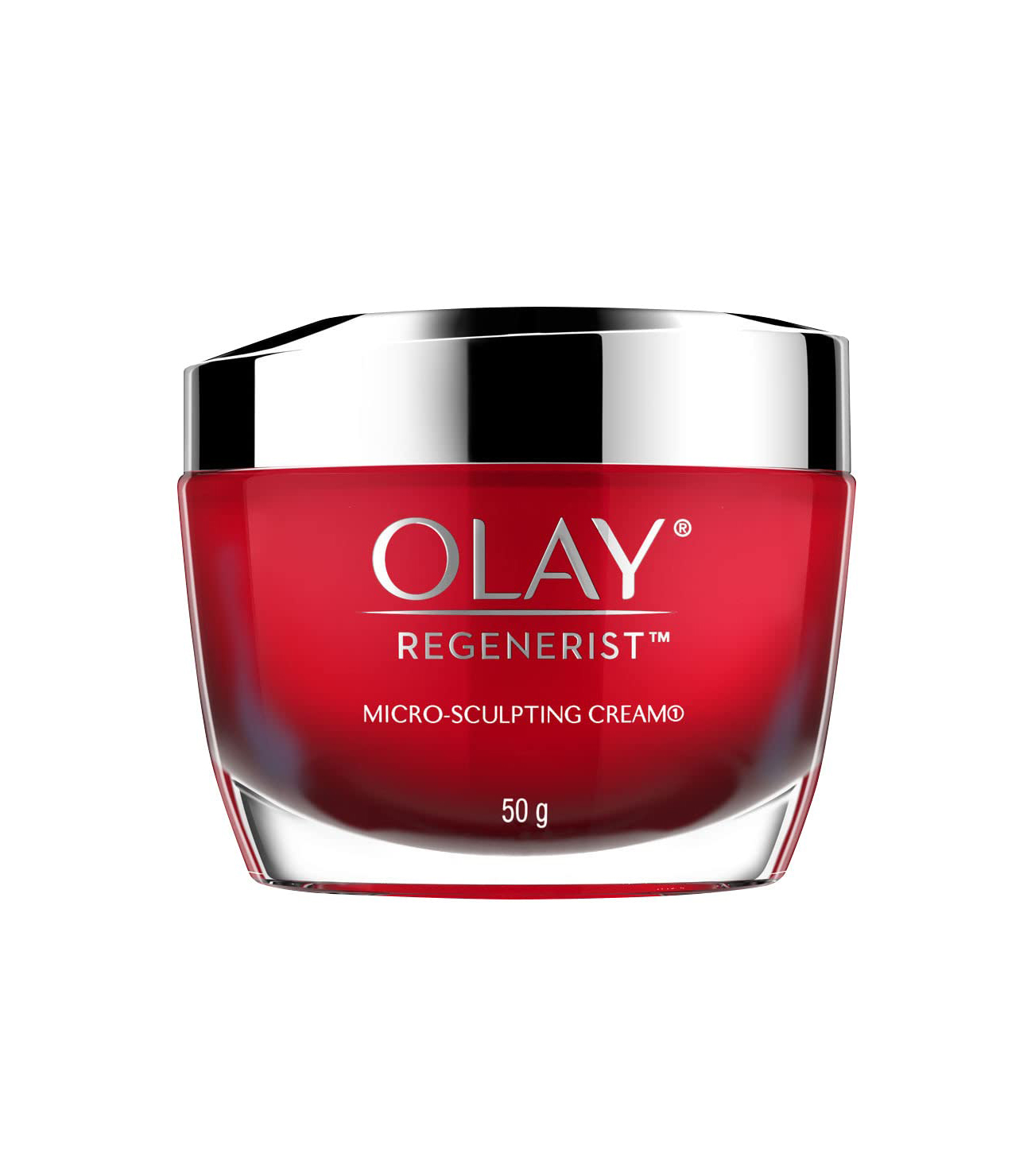
6. Don’t forget sunscreen: As we talked about before, this is an important step in protecting your skin against damage from UVA and UVB rays.
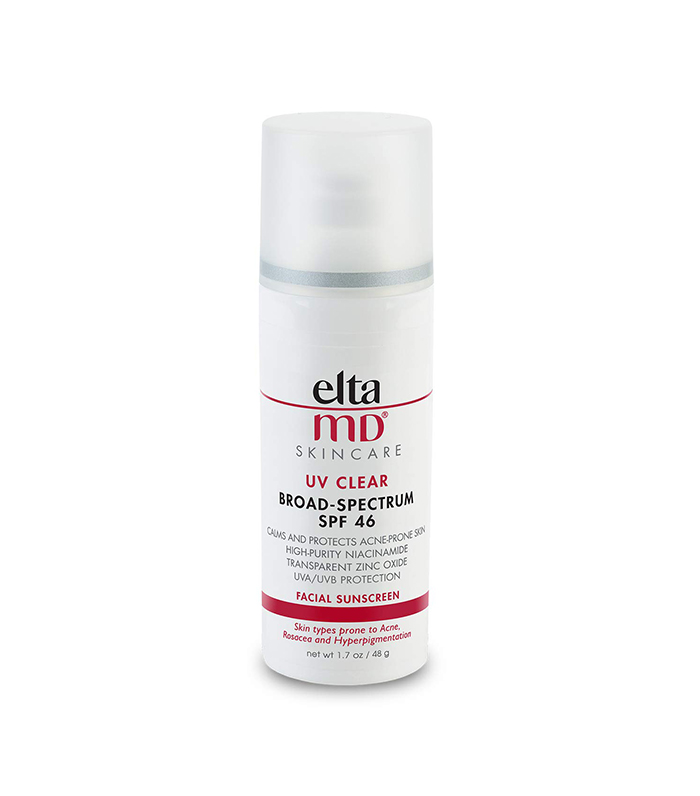
Now that you have an idea of a general skincare routine, there are a few tweaks you can make to it, depending on your skin’s needs and conditions. If your uneven skin texture is the result of clogged pores, Imahiyerobo-Ip, recommends incorporating routine exfoliation. “If the textured skin is due to eczema, then a totally different skincare routine is needed,” she says. “In this instance, prescription-strength medication may be required. Consistent use of skin emollients is an essential part of any eczema routine. If uneven texture results from sun damage, then more aggressive in-office treatments may be necessary.”
And if you have extra-sensitive or dry skin, look for products that won’t dry out the skin. You might want to limit your exfoliation or use of face washes with AHAs and BHAs in this case. Instead, you can opt for cleansing balms or more hydrating cleansers.
To help you shop, take a look at some expert-recommended products below.
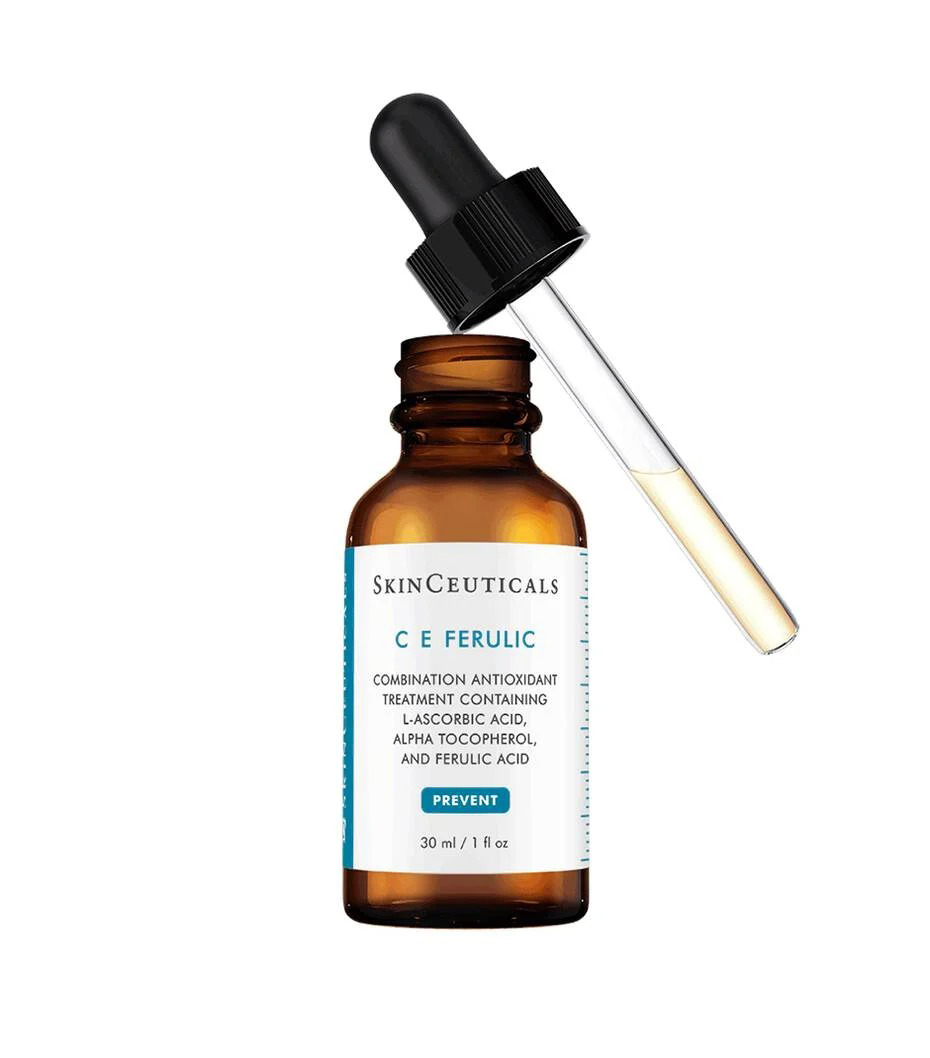
“SkinCeuticals’s C E Ferulic is a gold standard for good reason,” Hartman says. “It uses pure vitamin C paired with vitamin E and ferulic acid, which is an antioxidant, to smooth pores and reduce the appearance of fine lines and wrinkles for a more even texture on the skin.”
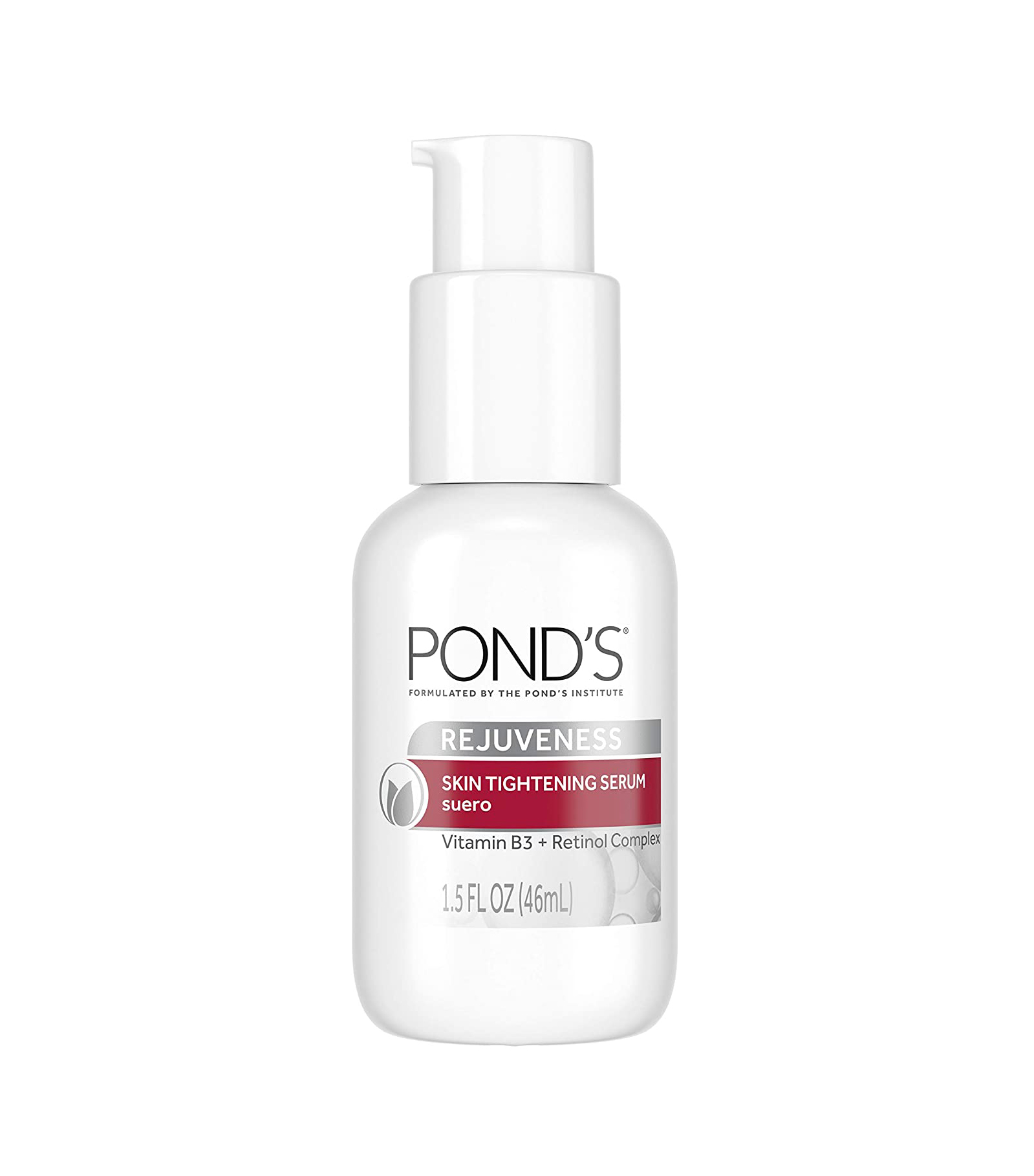
Imahiyerobo-Ip recommends Pond’s Skin Tightening Serum if you have textured skin due to sun damage. “This is a gentle and effective retinol that will encourage collagen stimulation,” she says. “Retinols should be used three nights a week to start and can slowly be increased to daily use.”
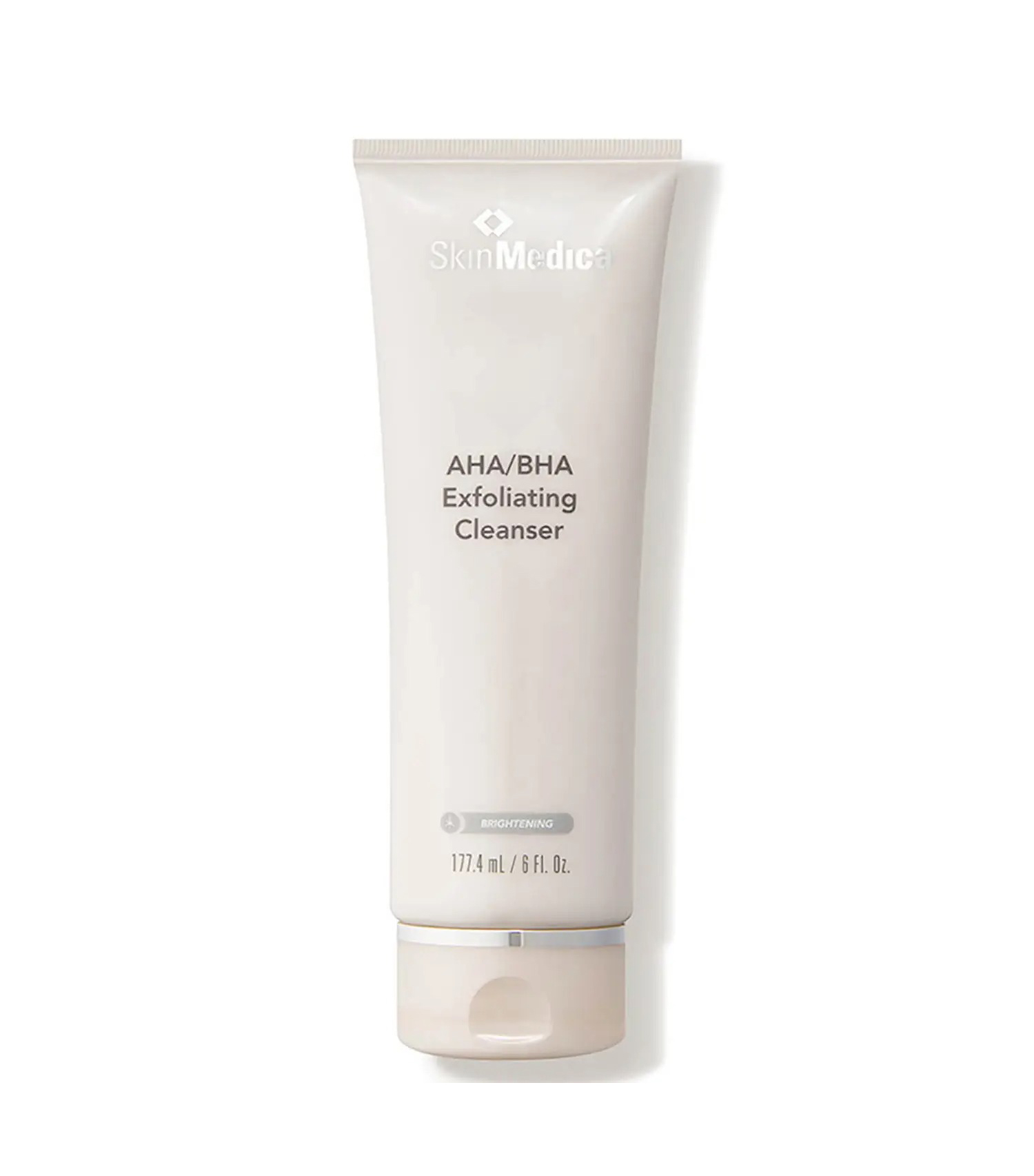
“In the summer, your skin may feel less dry and sensitive, so you can choose to switch out super-gentle cleansers for an exfoliating cleanser,” Rhee says. “You can use Skinmedica’s AHA/BHA cleanser once in a while to boost the skin renewal effects of other topical products.”
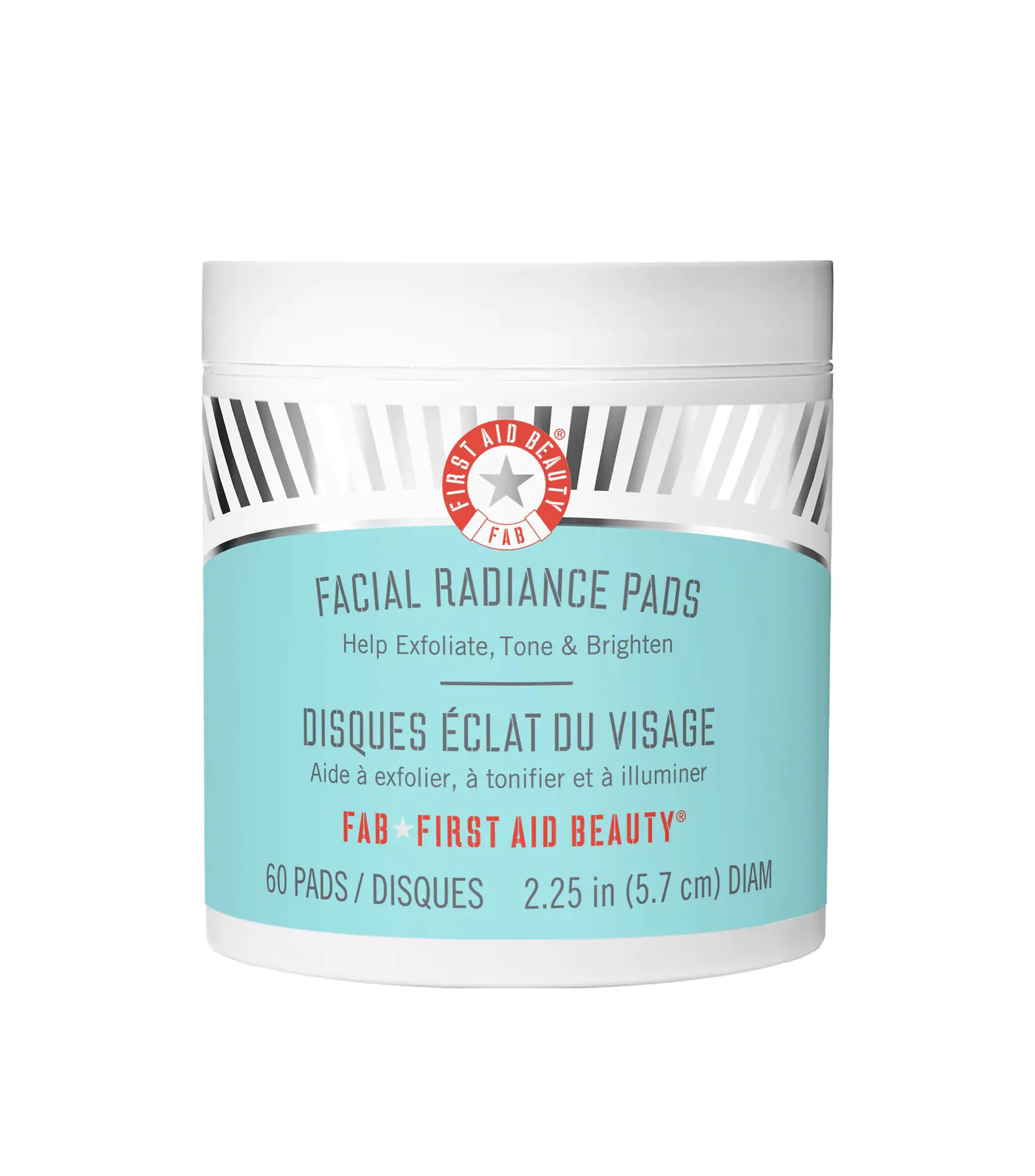
“I recommend First Aid Beauty’s Facial Radiance Pads. They contain glycolic acid and lactic acid, which help skin appear brighter and also improve skin texture,” Gohara says.
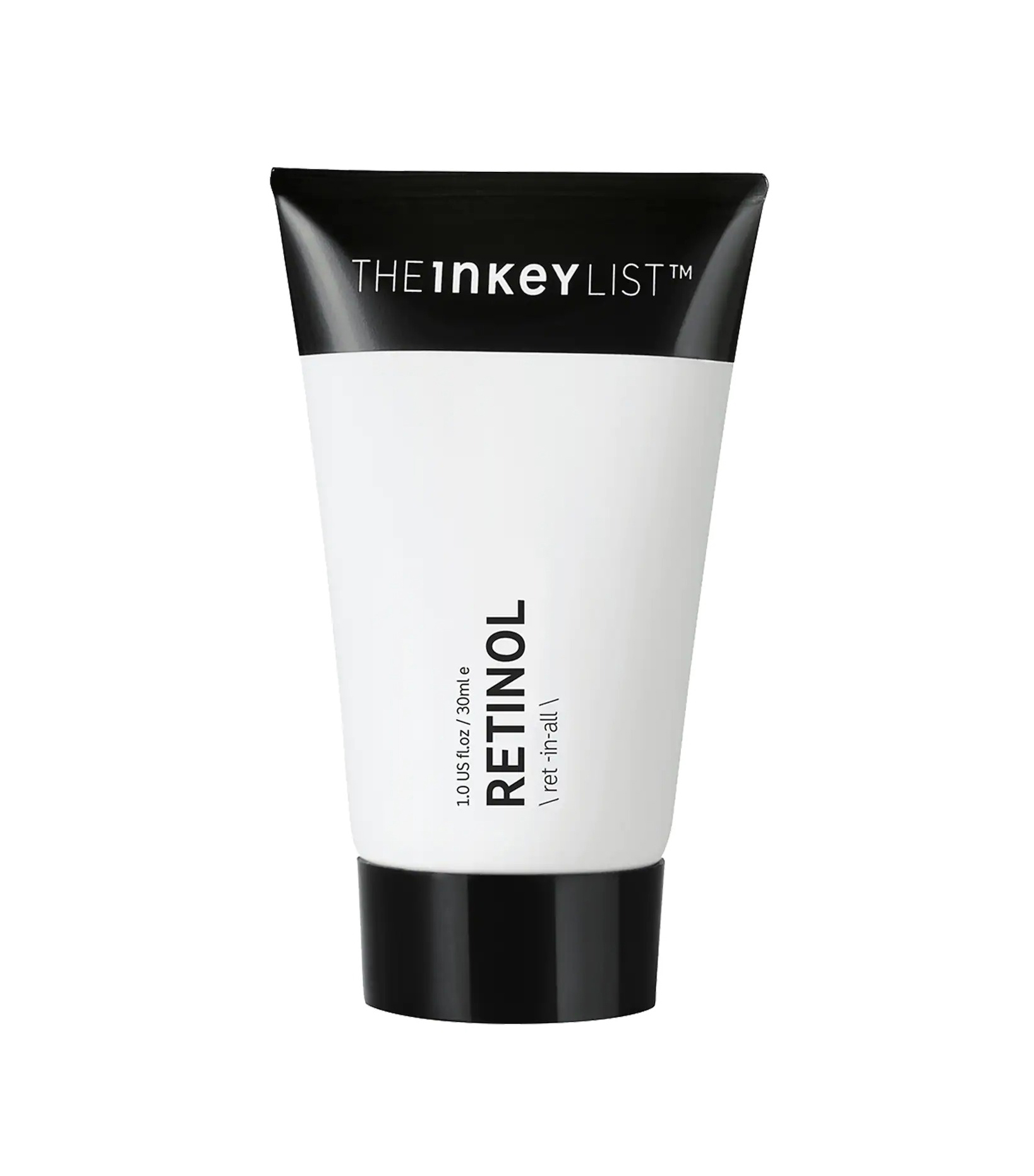
Liu likes The Inkey List’s retinol, which she says is gentle and helps improve skin texture over time.
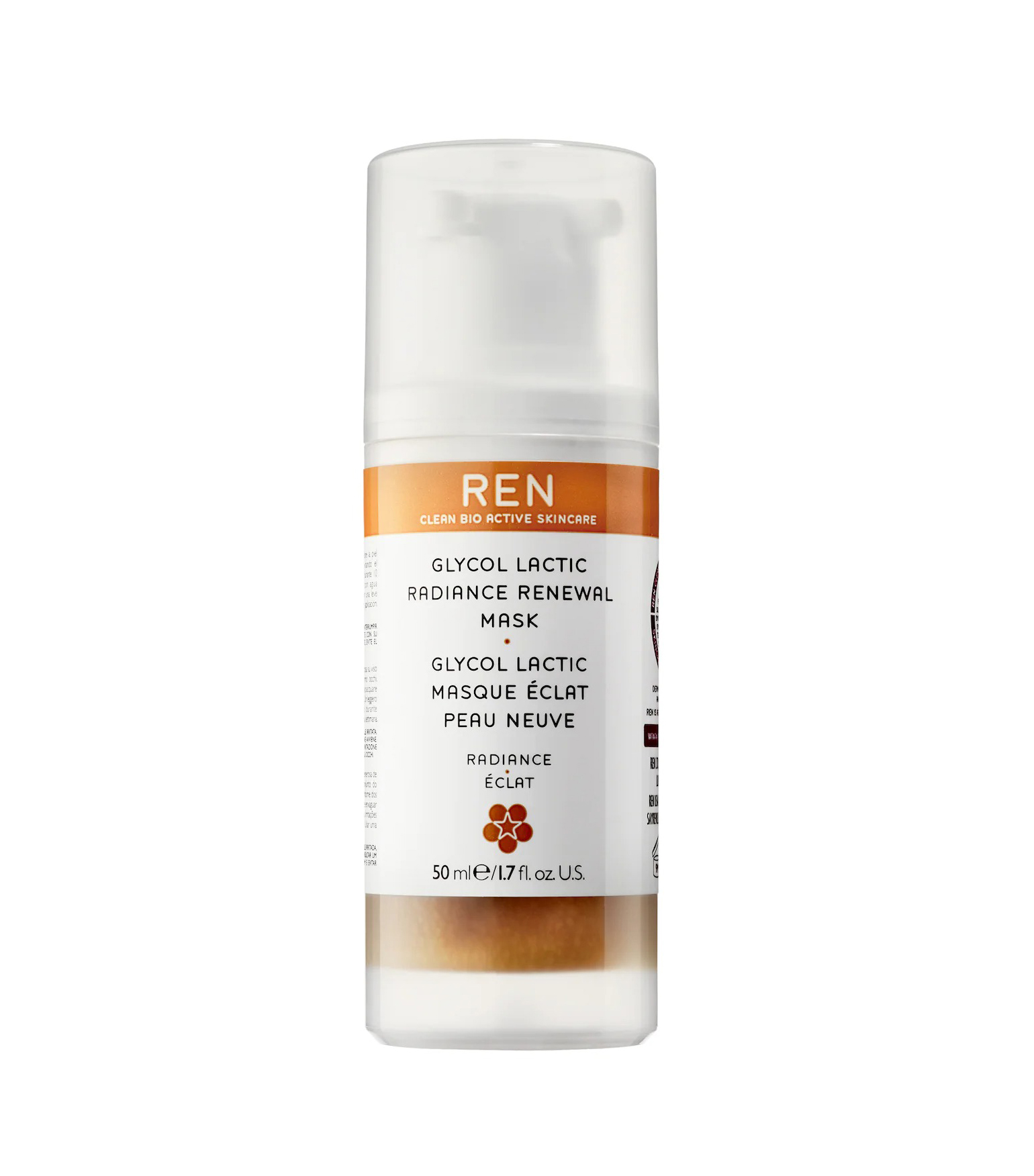
“Personally, I love exfoliators that also boost hydration and nourishment at the same time. You can’t remove texture without supporting the skin underneath. That only leads to inflammation and possibly breakouts. It’s all about balance,” Delport says. “Ren Clean Skincare’s Glycol Lactic Radiance Renewal Mask has been around for nearly 20 years and is still unbeatable. We hear Beyoncé is a fan. It’s the celeb favorite. It’s a full facial in 10 minutes and is rich in hydrators. Perfect for that 10-minute turnaround before a big moment.”
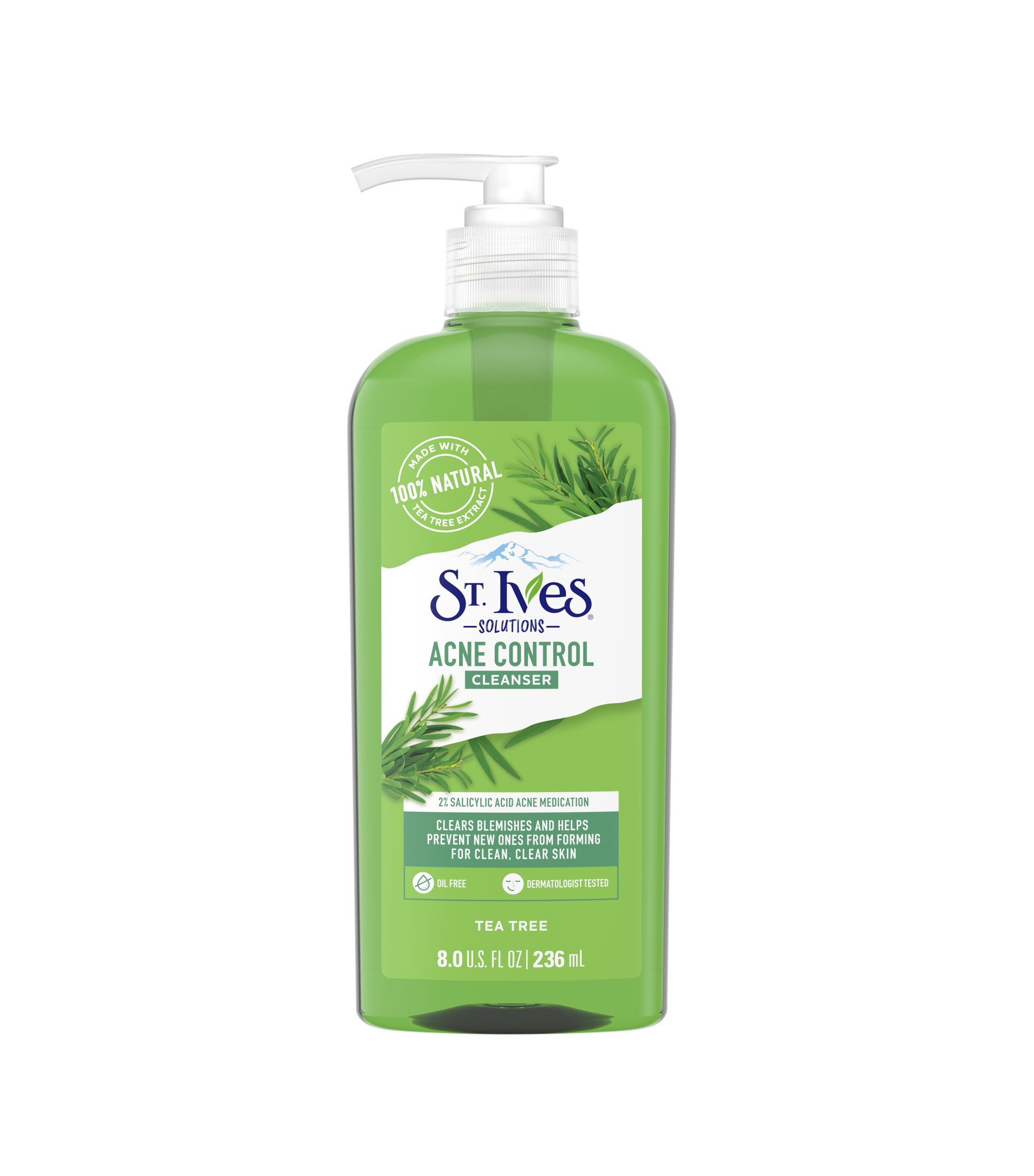
For textured skin due to clogged pores, Imahiyerobo-Ip recommends this face wash. “This product is gentle enough to be used daily to treat mild whiteheads and blackheads. It can also be used for rough and bumpy skin on the upper arms due to keratosis pilaris,” she says.
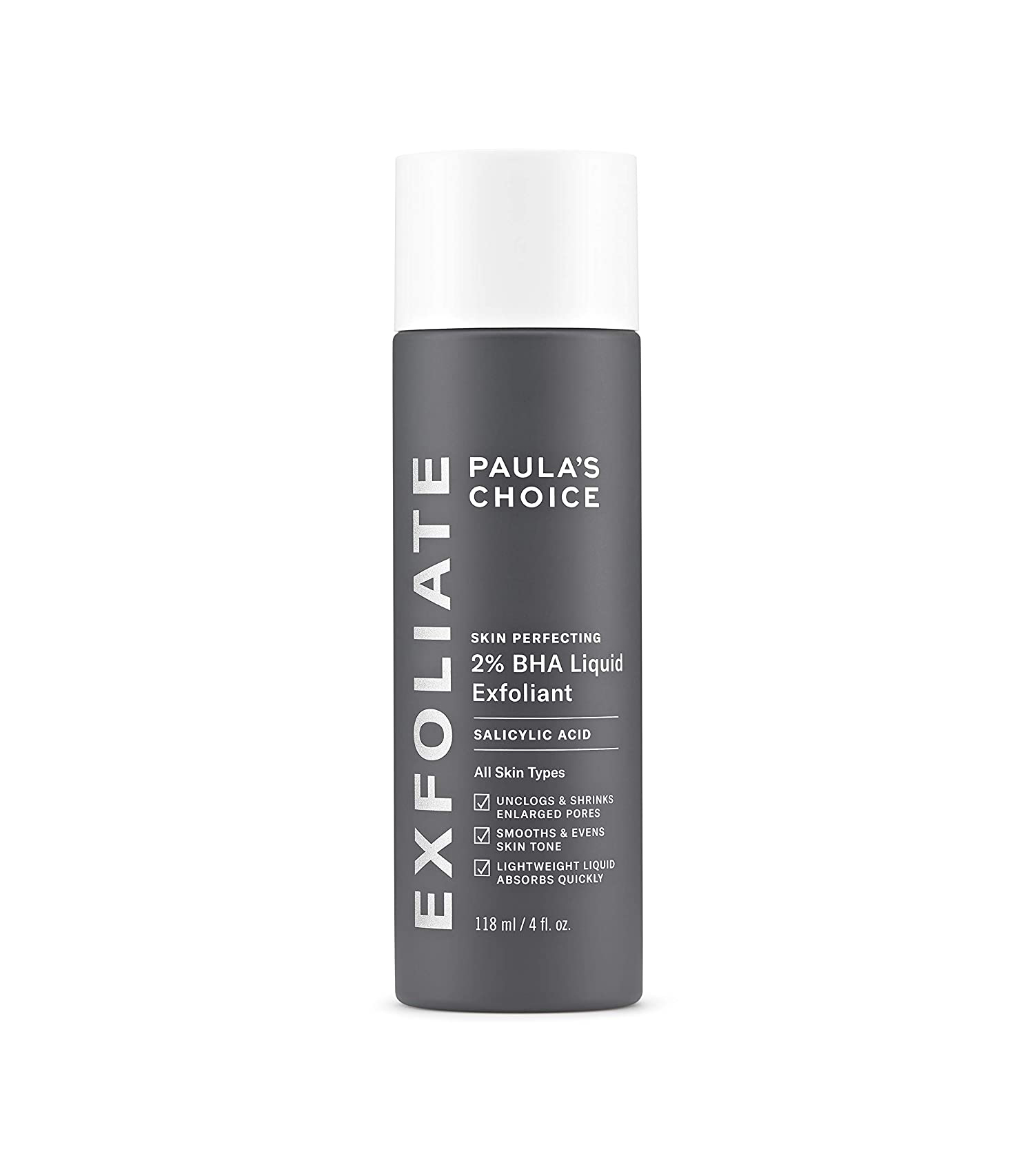
“This is a great product to incorporate into your weekly skincare routine,” Hartman says. “The BHA is salicylic acid, which is tolerated well by most people, and 2% is gentle enough that it won’t irritate the skin. Start using it one to two times per week, and if your skin tolerates it well, you can bump it up to two to four times weekly.”
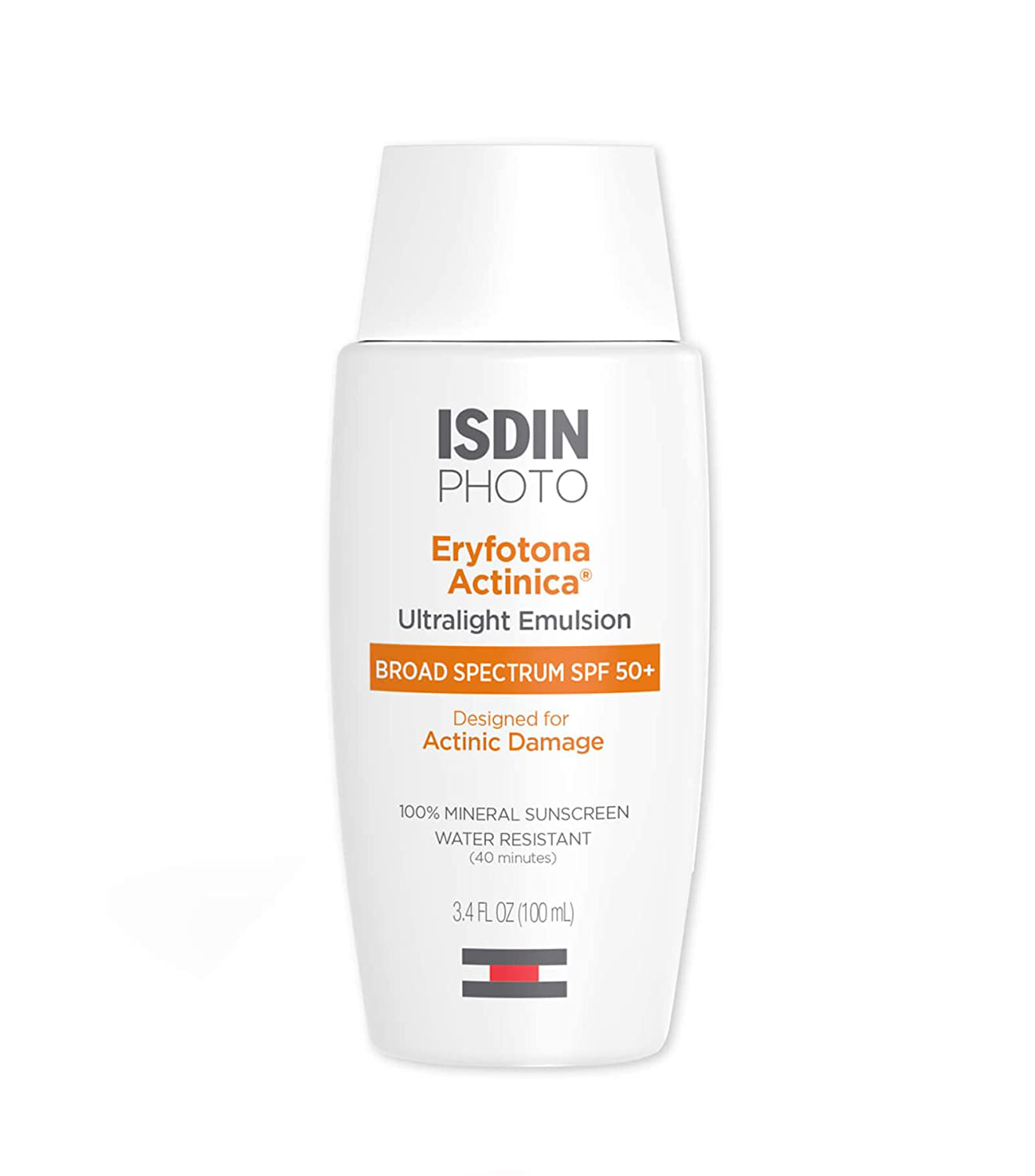
“This is one of my go-to recommendations for all skin types. It’s a lightweight emulsion that delivers moisture and mineral zinc oxide for a chemical-free, physical sunscreen that eliminates the possibility of allergy,” Hartman says.
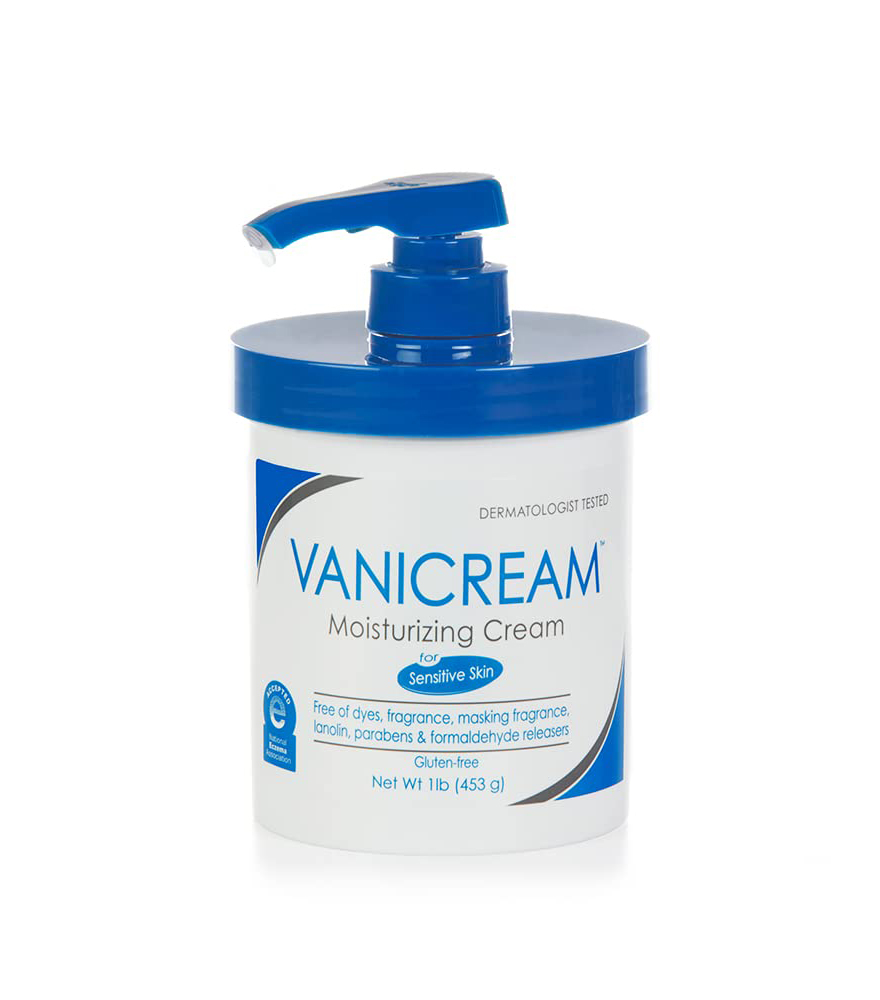
If you have bumpy skin due to irritation or eczema, Imahiyerobo-Ip suggests Vanicream’s body cream, which is a moisturizing formula that works well on sensitive skin.
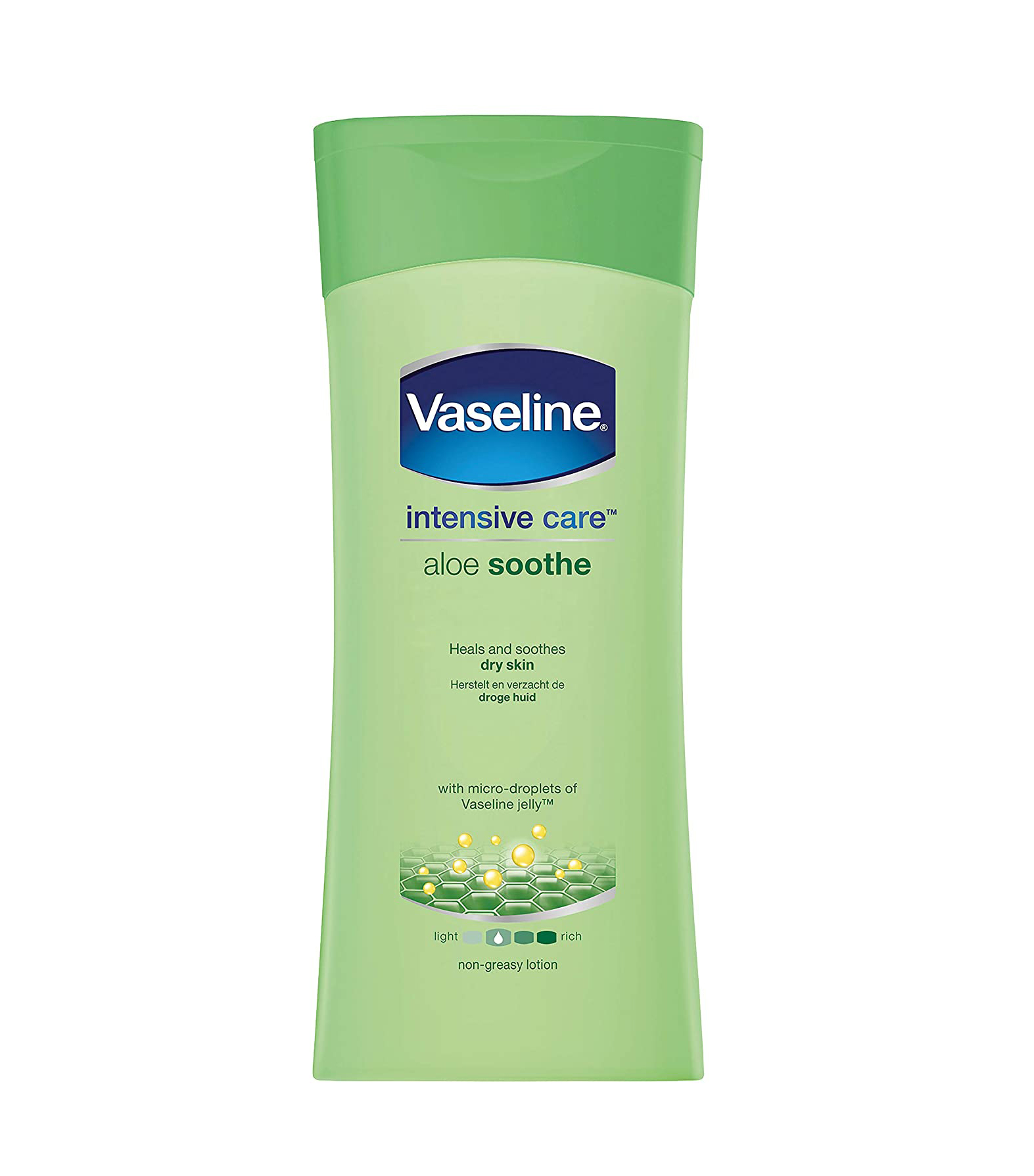
And this is another good one for irritated or eczema-prone skin. “These creams [Vaseline and Vanicream] will help restore the skin moisture barrier and promote smoother skin,” Imahiyerobo-Ip says.
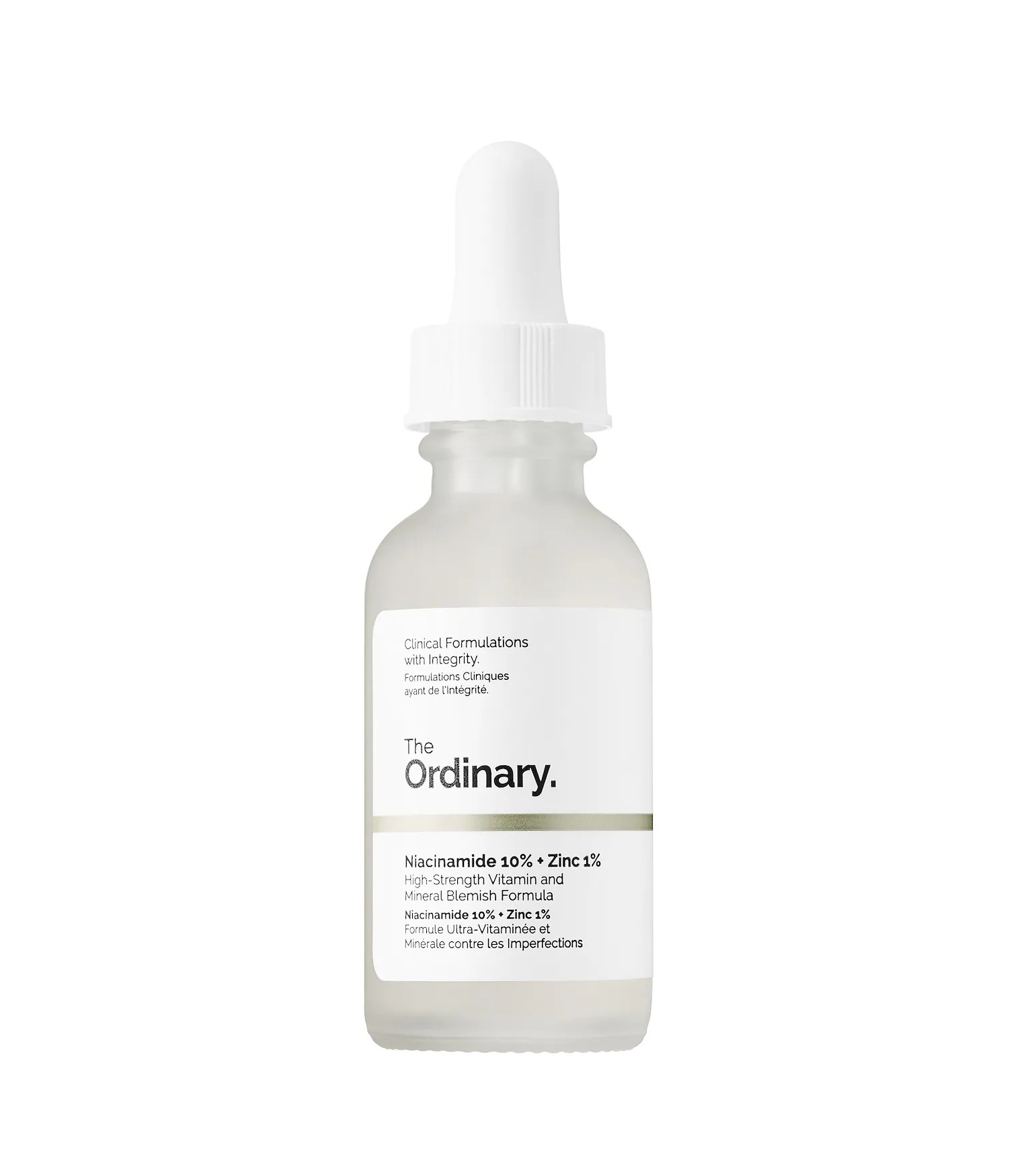
Hartman likes this serum’s price point. “[It] uses niacinamide to help reduce oil production and smooth the skin. Zinc helps to shrink pore size, which is often a concern of patients with textured skin,” he explains.
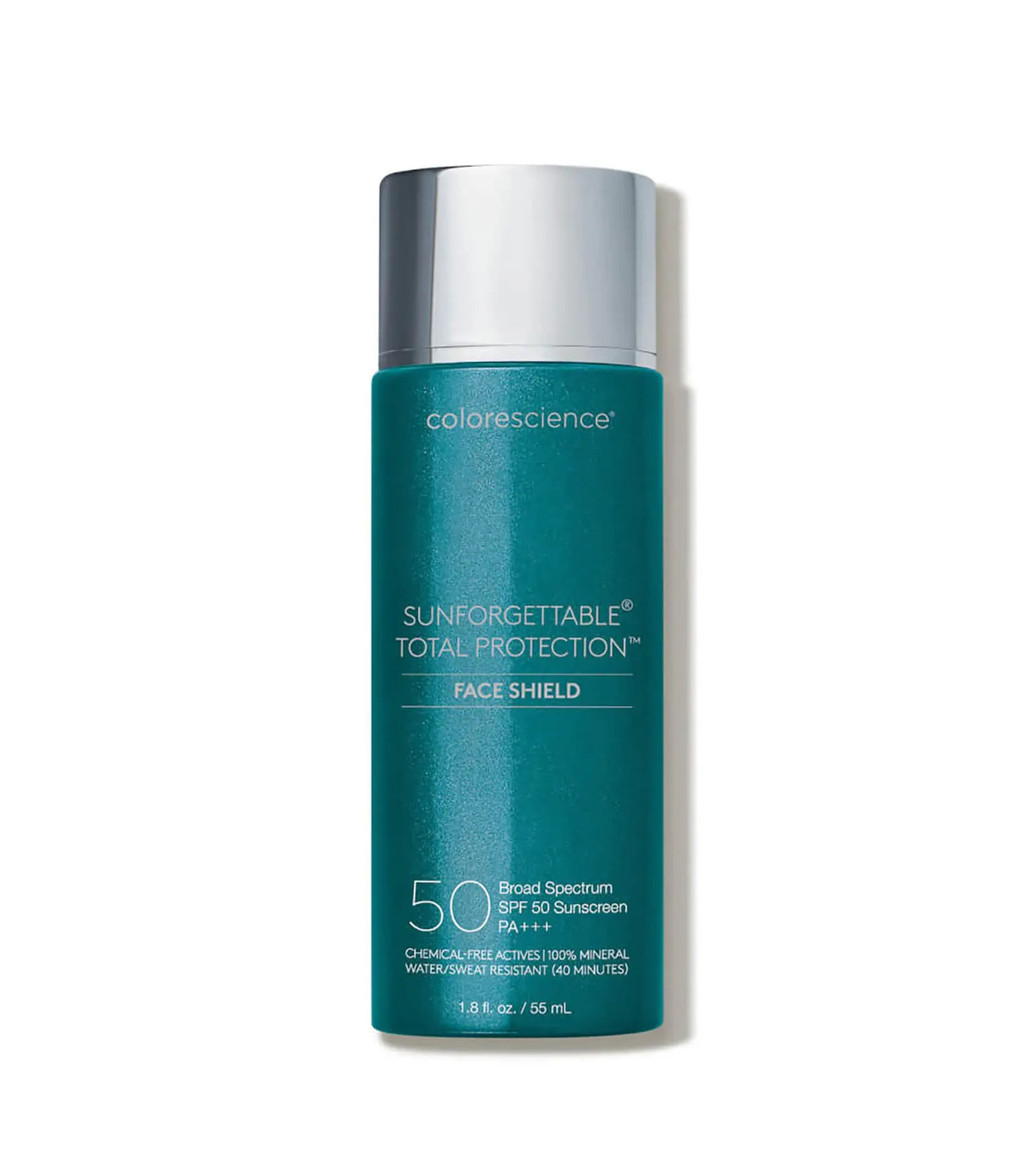
This is another good one for sun damage. “It is an antioxidant-rich mineral formula that protects against both UV rays and environmental toxins that prematurely age the skin,” Imahiyerobo-Ip says. “I love this product because it blends well with almost all skin types and skin tones.”
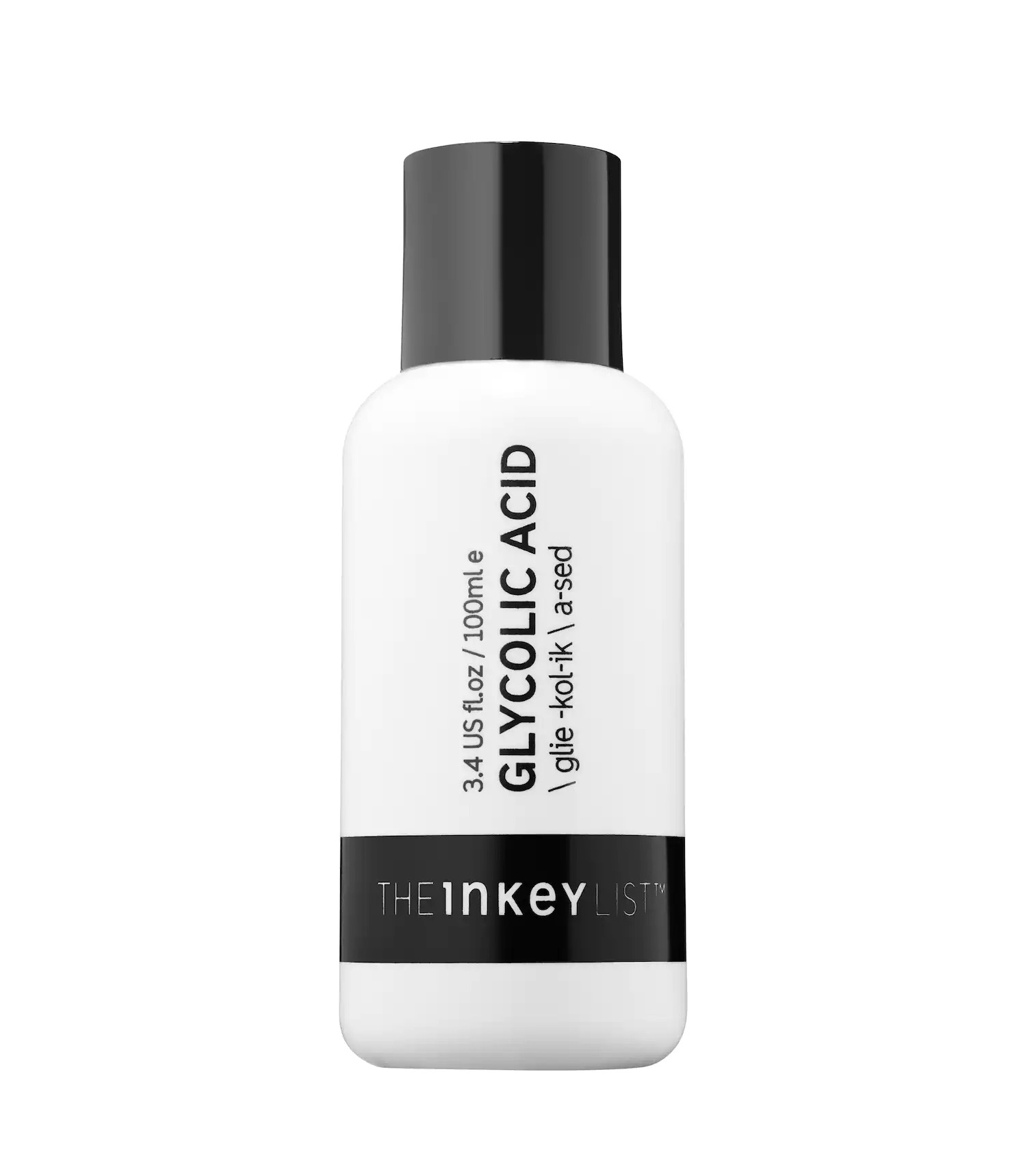
This and The Inkey List’s lactic acid are also options Liu recommends for exfoliating properties.
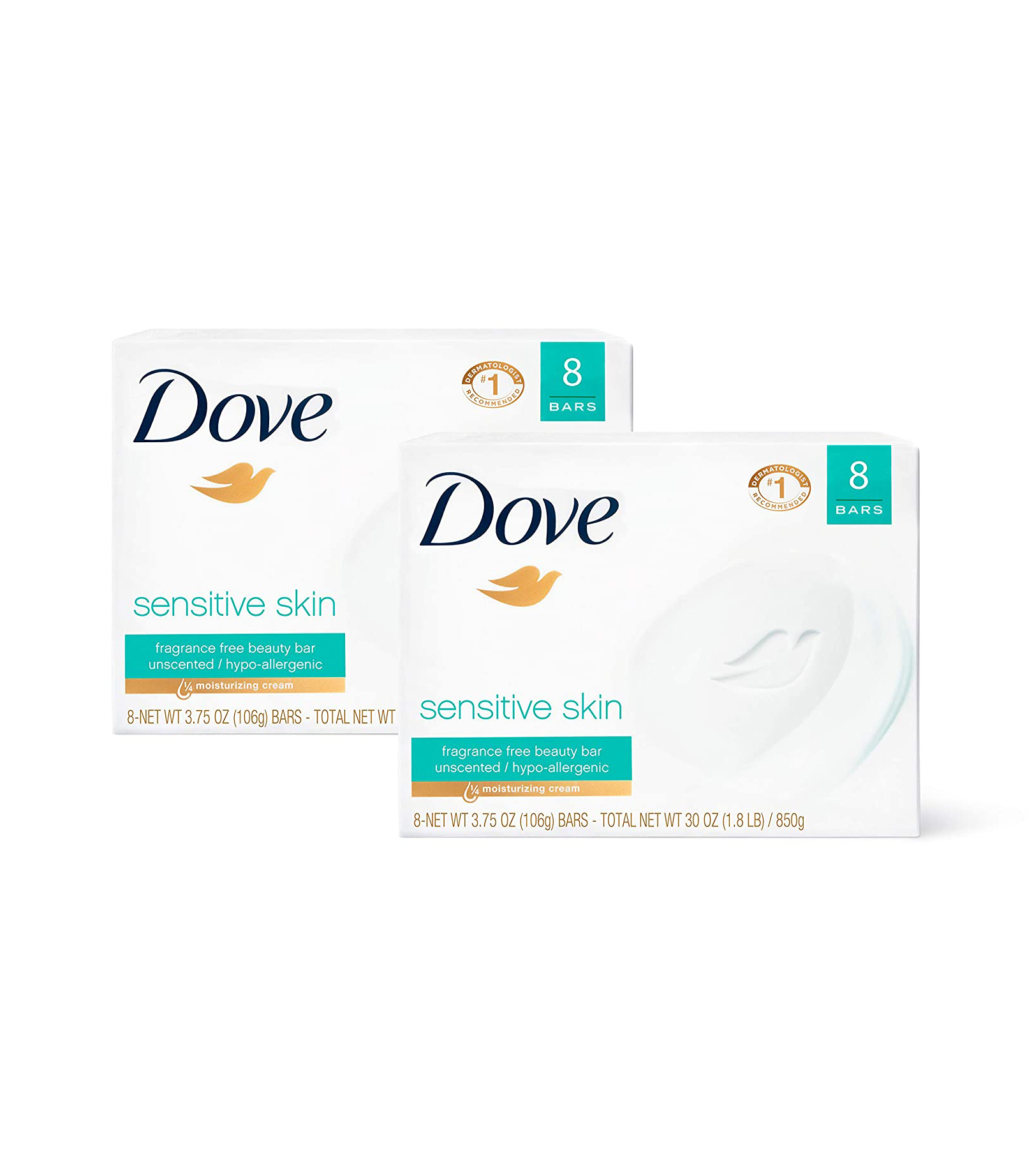
Imahiyerobo-Ip suggests this one for skin that is irritated or prone to eczema: “[It] allows you to cleanse the skin without stripping it of natural oils.”
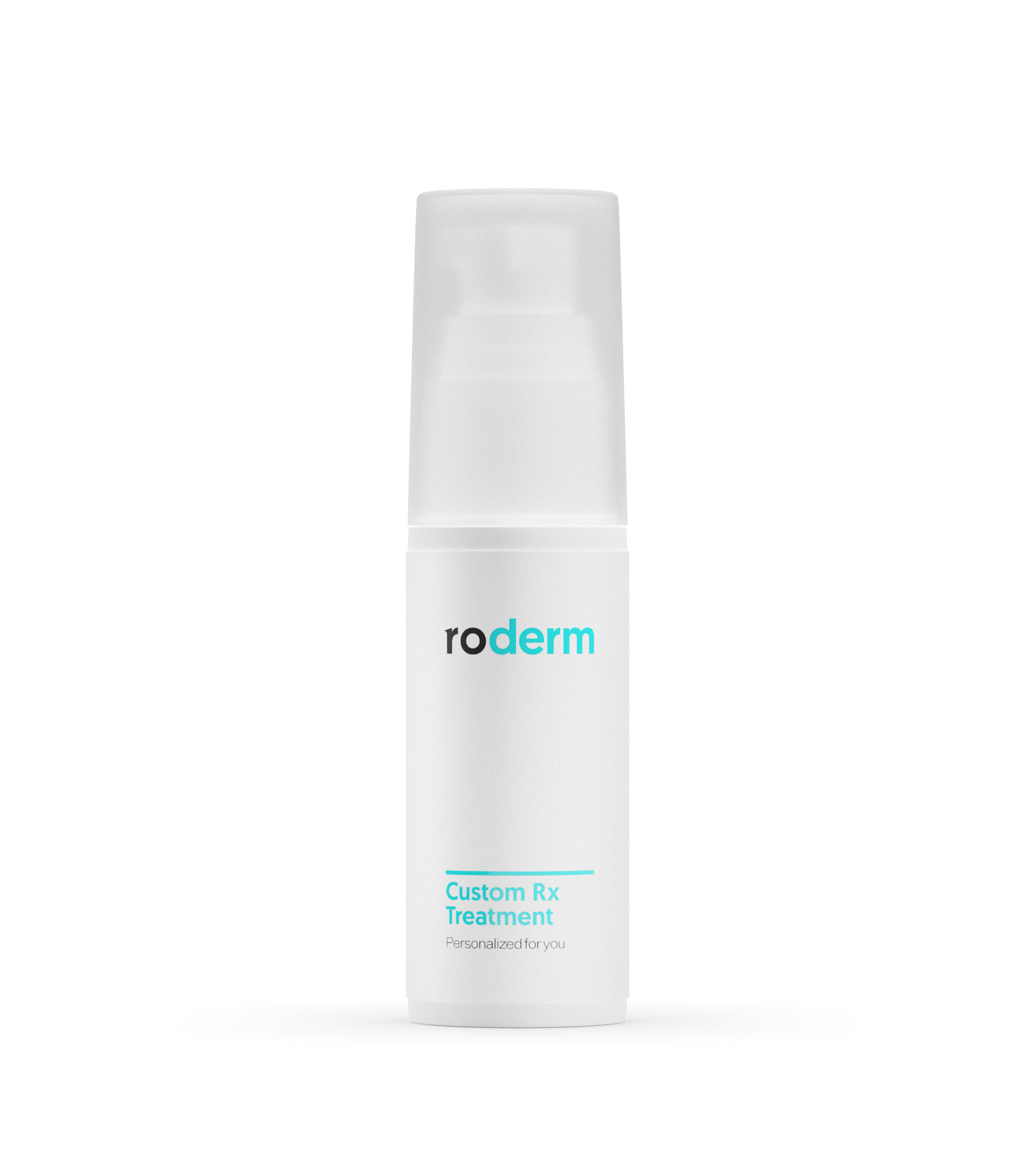
“One of my favorites is Custom Rx Treatments from Ro Derm, which are personalized, prescription skincare treatments tailored for individual skin concerns,” Rhee says. “Providers help you define what your skin needs and pick the best ingredients for you. They offer tretinoin-based formulas that can drive efficient skin cell turnover and are paired with several skin barrier–protecting and –strengthening ingredients like hyaluronic acid, vitamin E, and niacinamide. With Custom Rx, you get strong prescription ingredients with less potential for irritation.”
Next, I Found the Products That Work Wonders for Rosacea-Prone Skin

